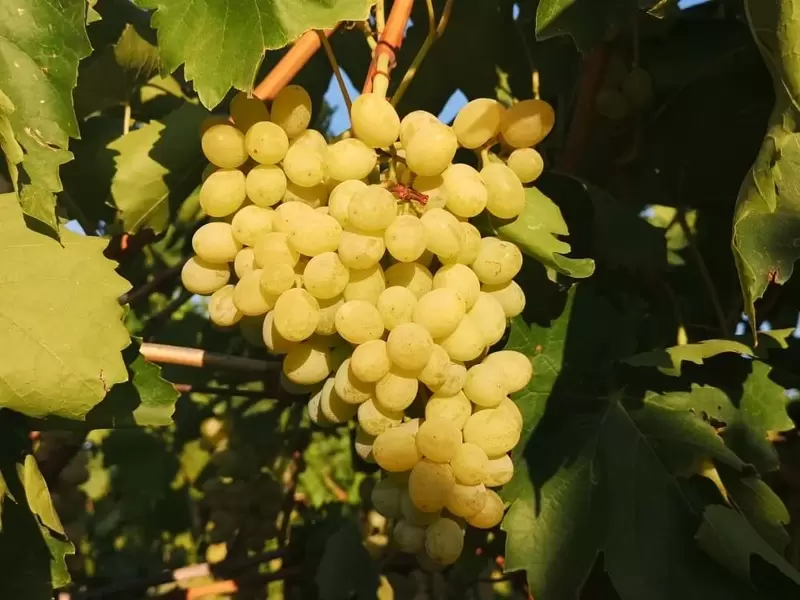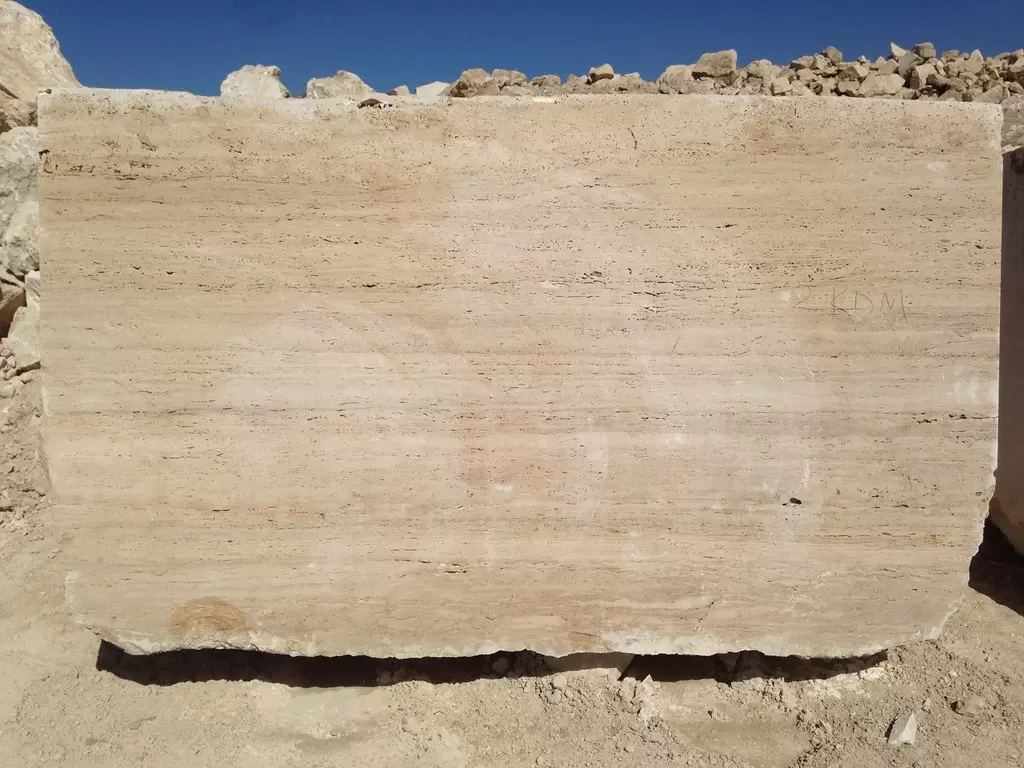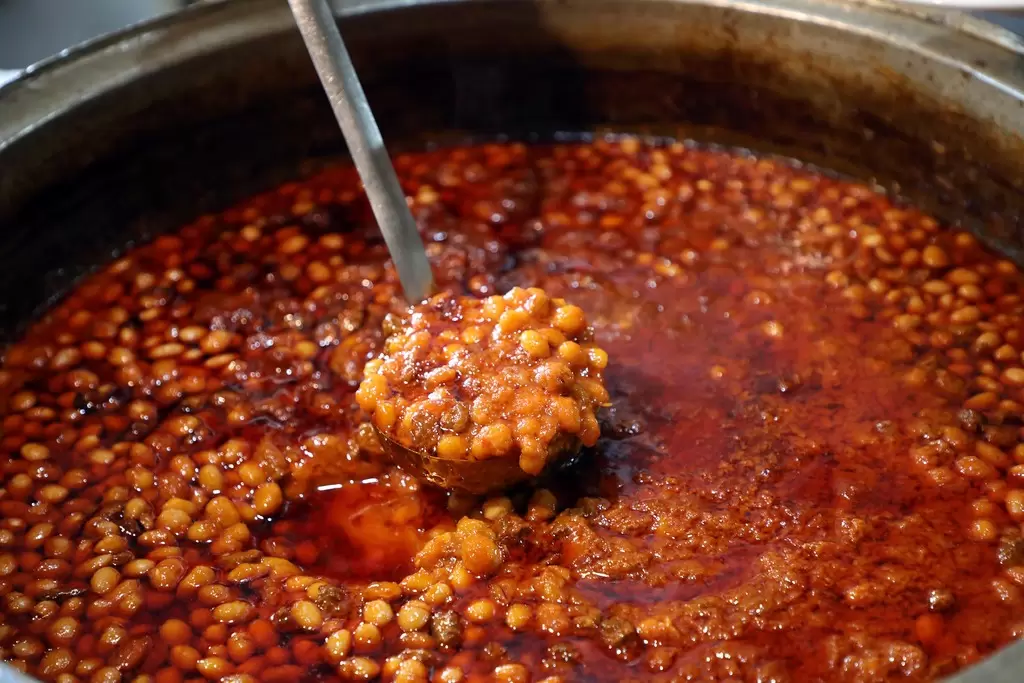
İsabey Seedless Grapes: Detailed Information with Distinctive Features
Overview and Origin
İsabey Seedless Grapes, cultivated in the İsabey region of Denizli, Turkey, are a prized variety known for their distinct flavor, texture, and exceptional quality. The region's specific geographical and climatic conditions contribute to the unique characteristics of this grape, making it a standout in both local and international markets. This variety has become synonymous with high-quality table grapes, and its adaptability for drying, winemaking, and molasses production further enhances its reputation.
Physical and Chemical Characteristics
The İsabey Seedless Grape is long and elliptical in shape, with a white to light green skin. The grapes are medium to large in size, with an average salkım (cluster) weight of approximately 811.63 grams. Each grape weighs around 2.62 grams, with dimensions of 1.82 cm in length and 1.50 cm in width. The skin is thin yet firm, providing good resistance during handling and transportation.
Chemically, the grapes boast a sugar content of 24.25 brix, indicating high sweetness levels, and a balanced acidity of 4.57 grams per liter (as tartaric acid). Their pH value is recorded at 3.33, ensuring a harmonious taste profile. The combination of high sugar and moderate acidity gives İsabey Seedless Grapes their characteristic rich, sweet flavor with a slight tartness.
Cultivation and Environmental Adaptation
The İsabey region's unique geography, including its soil composition, climate, and topographical features, plays a significant role in shaping the quality of these grapes. The vineyards are situated in a region with optimal sunlight exposure, good air circulation, and nutrient-rich soil, which provides a perfect environment for the growth of robust vines. The soil's geological composition, including its high calcium content and well-drained nature, enhances the vines' ability to produce flavorful and aromatic grapes.
The climatic conditions of İsabey, with warm days and cool nights, are ideal for grape cultivation. This temperature fluctuation ensures the development of natural sugars and acidity, resulting in well-balanced grapes. The region's light intensity and low humidity further contribute to the health and vigor of the vines, minimizing disease risks and improving the overall yield.
Distinctive Features
- Flavor and Aroma: İsabey Seedless Grapes are celebrated for their sweet and slightly tangy flavor, complemented by a rich and aromatic profile that sets them apart from other grape varieties.
- Durability: These grapes have strong attachments to their stems, making them highly durable during transportation and storage, a key feature for export markets.
- Versatility: İsabey Seedless Grapes are suitable for various uses, including fresh table consumption, drying for raisins, winemaking, and molasses production.
- High Export Value: Their unique qualities, combined with their durability, make them a preferred choice for European markets, where they are highly sought after.
- Adaptation to Local Conditions: The variety has perfectly adapted to the İsabey region's specific microclimate and soil conditions, resulting in superior quality and consistent production.
Cultural and Economic Significance
The İsabey Seedless Grape is not only an agricultural product but also a significant contributor to the local economy. The cultivation and export of this grape provide livelihoods for many families in the region, making it a vital component of the area's agricultural landscape. Its export success has also positioned the İsabey region as a key player in the global grape market.
Conclusion
İsabey Seedless Grapes are a testament to the harmony between nature and human expertise. Their distinctive flavor, durability, and versatility have earned them a place among the most valued grape varieties in Turkey and beyond. As a geographically indicated product, they symbolize the rich agricultural heritage of the İsabey region and continue to thrive as a celebrated hallmark of quality and taste.


















